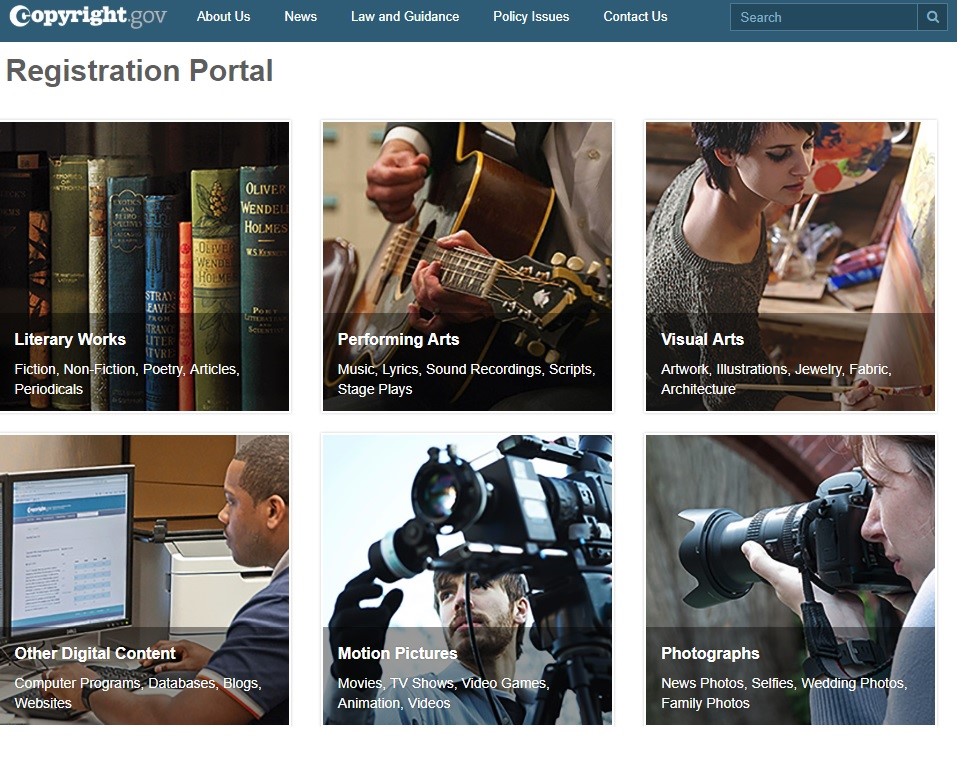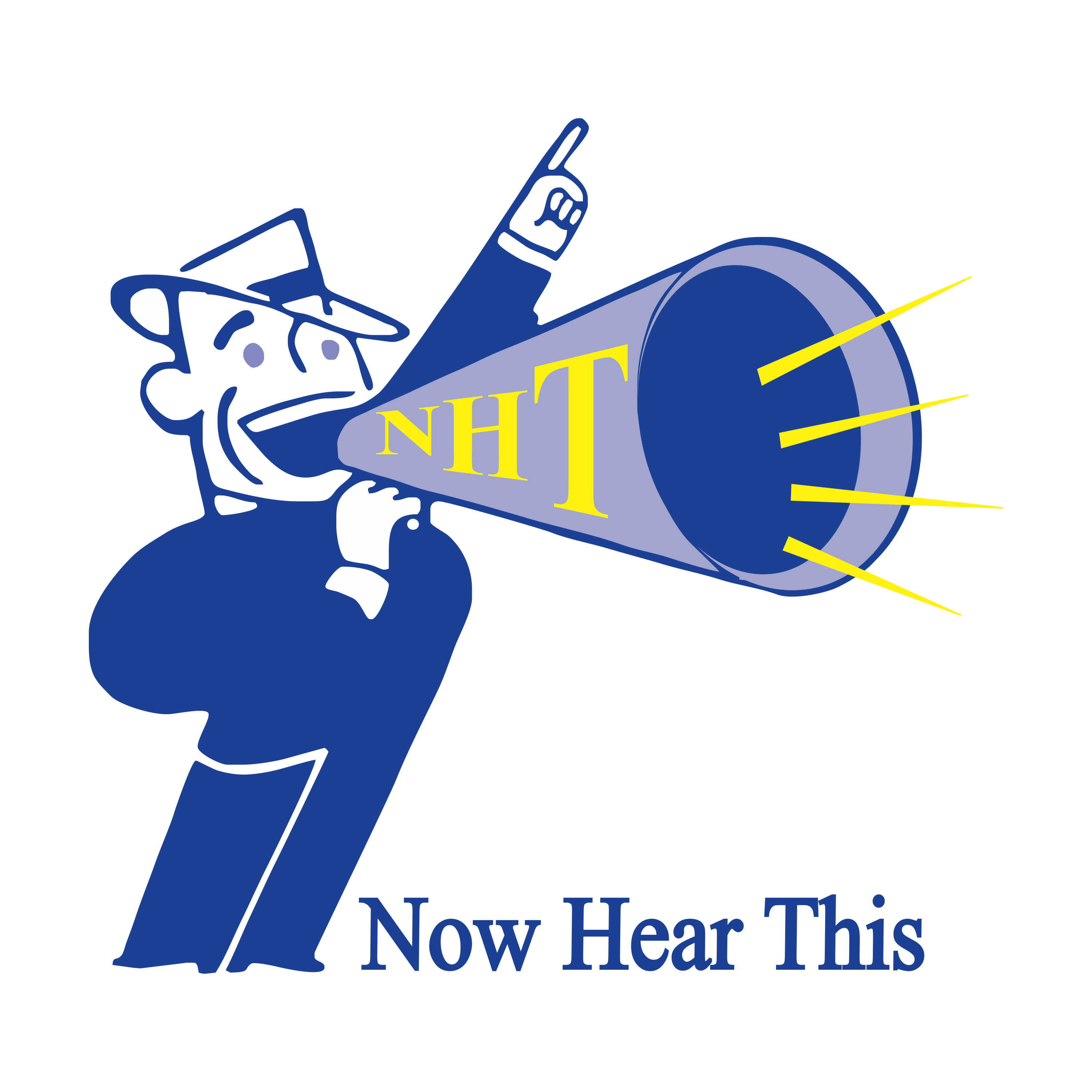Chris Tanner is an artist, musician, and inventor but is also a patent attorney. He holds several copyrights himself as a composer, is a former Patent Examiner, holds seven patents himself as an inventor, and has been practicing in patent, trademark, and copyright law for 21 years. More information can be found at either TannerPatent.com or SaveMoneyOnPatents.com.
SUMMARY OF THIS ARTICLE
1) Have any of you ever filed for copyright yourself? It’s a considerable hassle.
2) Even if you have someone else performing this service on your behalf, you should still be aware of how it works.
3) If you are relying on mere “common law” copyright protection, not filing for Federal Registration at all, you might regret that. The U.S. Federal copyright system is accessible to a lay person. An attorney is not always needed. The filing fee could be as low as $35.
4) In the event that you have actual copyrights Registered, it’s important to make it very clear who owns them. Neglecting this can harm you.
This blog post will illustrate the above points using actual screen-captures from the copyright.gov federal government website. However, these screen captures are simplified and a lot of detail removed, for clarity.
First, for anyone who wants to file their own copyright, they need to visit copyright.gov. Even if they hire an attorney or other service provider, everyone files at the same place (copyright.gov). Why hire an attorney to do what you can do yourselves?
Next, it’s important to understand the difference between a common law copyright and a Federally Registered copyright. These are different, with different legal implications. A “common law” copyright comes into existence at the moment an artist or creator renders their creation into a fixed, tangible medium of expression. No Federal Registration is required to say, “I have a copyright.” For example, I just saved this blog post on my computer and when I hit “Save” a “common law” copyright came into existence.
A Federal Registration of a copyright is different and requires more work. The starting point for everybody is copyright.gov, shown below.
 From above it is apparent that copyright.gov offers at least three options: “Register,” “Record,” and “Research.” This blog post will discuss only “Register” and “Record.”
From above it is apparent that copyright.gov offers at least three options: “Register,” “Record,” and “Research.” This blog post will discuss only “Register” and “Record.”
To Register, one hits the “Register” button. That will bring up the below screen, and its confusing choices where artists and creators can make all kinds of interesting mistakes.

It can be very difficult to decide which category your specific artistic work falls into. Because this blog is music-related, an important choice for you readers might be whether a song is an example of “Performing Arts” or whether it is “Digital Content.” Another potential area of overlap is whether something fits under “Photographs” or other form of “Visual Arts.” It could be both.
Suffice to say, when in doubt, try filing across multiple categories.
Finally, let’s say you already have copyrights Federally Registered, in whatever category. But now let’s say these copyrights are worth money and you are trying to sell them. In that position you should be familiar with the below, specifically the “Record a Document” option.

This “Record a Document” section is similar to Recording of Property Deeds. For anyone selling their house (a “tangible” property), they know that the buyer wants to make sure that the seller actually owns the house in question. One way to check this is to check a local Registrar of Deeds. Copyrights are similar, except they are “intellectual” (not tangible) property. Either way, the buyer wants to be assured that when they give their money, in return they are given authentic rights in a property. Recording documents related to your copyrights are one way to achieve this. The buyer can look up your copyrights and have some assurance you really have rights to sell or license these properties.
TAKEAWAYS FROM THIS ARTICLE
Don’t ignore the U.S. copyright system. Be aware of at least some aspects of how it works. It’s in your self-interest to do so. Further, all copyrights flow through exactly and only one place, and that is copyright.gov.
What has your experience been, good or bad, with copyrighting? Talk about it in our Facebook group!
See a previous guest blog from Chris about YouTube where he said that, "Google forced a change in copyright enforcement" and another that he wrote about Performance Rights Organizations.
